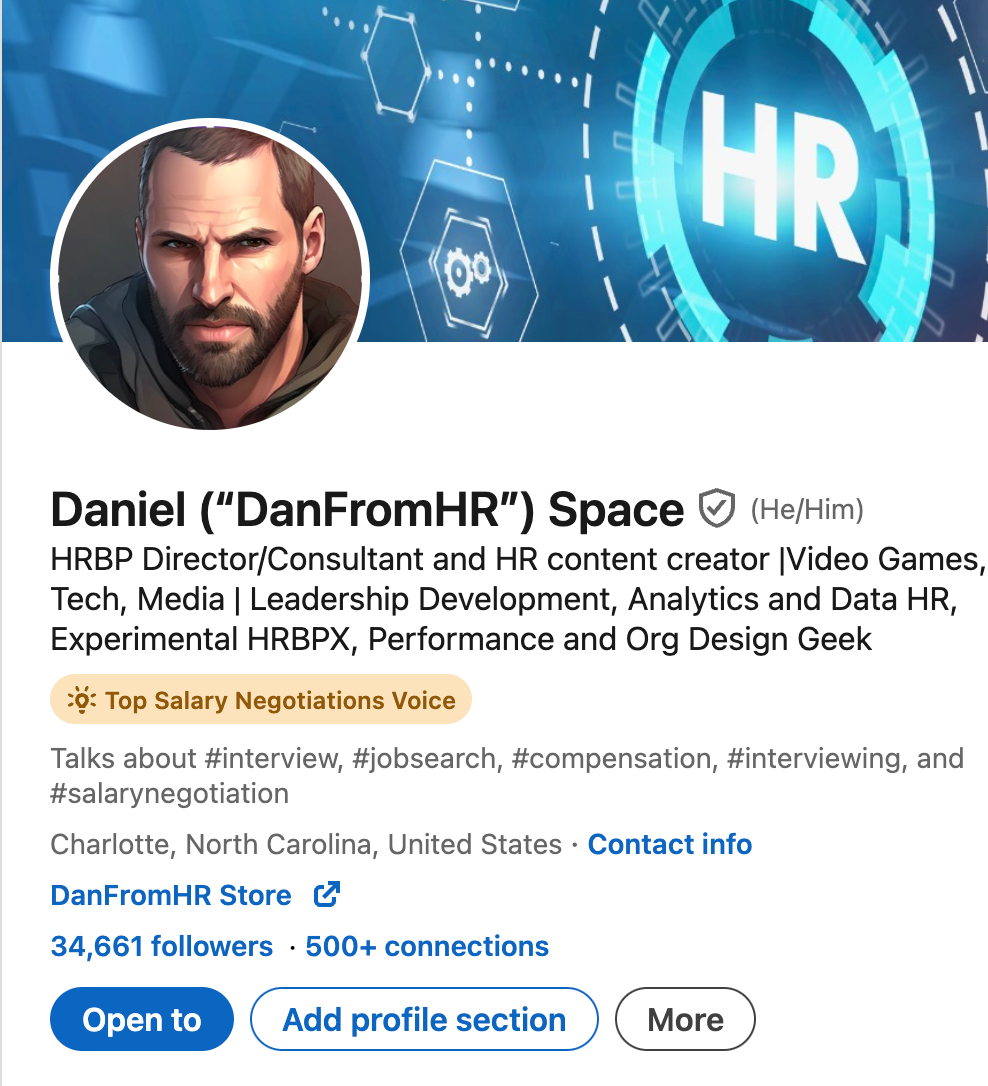
Employees Guide to Resignations
Yesterday I published the ultimate guide for how to survive to handle being fired or laid off - in this article, let's talk about how to quit. Best practices, how to handle bad manager responses, counter-offers and I'll even give you some secret information that will lead to some positive outcomes in your next resignation.
What is Attrition?
Attrition is a fancy word for people leaving/exiting - we in HR monitor attrition as a valuable metric on how we are building, measuring or planning workforce modeling.
Despite all evidence seeming to the contrary, attrition is not inherently bad. Your relationship with a company as an employee should be viewed as transactional and while both sides are getting value, it can thrive - but when one side no longer sees the value, ending the relationship is the best course of action.
Attrition can be valuable to both the employee and the employer. The employee can move on the next step in their career, taking all of the learnings and findings to become the next version of themselves. Teams can bring on new talent, new ways of doing things and I often find teams discover great ways to innovate and develop new skills when a team member exits.
We in HR define attrition in two ways - voluntary and involuntary. Just like they sound, it's essentially the difference between an employee exiting on their own (resignation) or the company deciding to exit the employee (firing/layoff).
After making many TikToks about resignations, it surprises me at how many people still ask how they should do it. This isn't something we teach people, so use this as your best practice guide.
"It's Not Me - It's You."
Overwhelmingly, the biggest reason people resign is for their next opportunity.
Whether they feel like they have stagnated professionally, had a great opportunity fall in their lap, or wanted to make intentional financial moves for their family, most resignations are variations of "I've decided to leave". Here's some tips to be mindful of before making this formal.
WHEN: One of the biggest mistakes I see people make is that they start informing people BEFORE the new offer letter is signed. Nothing can make for a more awkward relationship than resigning, and having your background check not clear or a last minute organizational change.
The steps of the offer process are:
- Company makes you a verbal offer - leading to a negotiation
- Once final numbers are determined, company sends you a formal offer
- You sign the formal offer
- The company counter-signs the formal offer and sends you a copy
You do NOT want to formally resign until you are past step 4, with a fully executed agreement.
WHO: Your audience is your manager. That is who you are notifying of your intent to exit. It helps to put your HR person on copy if you know them, but your manager will also do that on your behalf.
WHERE: Resignations and firings are like break-ups. Both sides deserve the courtesy of a live meeting, but camera and phone also works in our recent environment. Ask your manager for a few moments of their time, and communicate your news.
WHAT: How you resign is going to be based almost entirely on your relationship with your manager as well as the current level of engagement you have. You may want to provide insights to your manager about your decision to leave, or you may just want to keep things short. Either way, the two most important parts are your statement of resignation and what your last day will be. As a follow up to that conversation, send an email to your manager (with your HR person on copy) formally communicating your news.
HOW: A lot of people think they somehow need to justify their resignations but nothing could be further from the truth. The level of disclosure you want to give is completely up to you, but generally this is the template that you can follow for all resignations:
"Dear Michelle,
As discussed earlier I wanted to formally communicate my resignation from Peaches and Pickles. I want to personally thank you for the opportunities you have given me and I wish you and the team all of the best. My last day will be July 10th. I will be scheduling some time with you to discuss my transition plan. Thank you."
That's All. Done. There is no more information needed.
"DON'T LEAVE ME!"
The only appropriate response to a resignation for a new job is just like the announcement of an engagement or pregnancy: "Congratulations!" Anything else borders between insensitive to rude.
Unfortunately, not all managers have this level of emotional maturity and it's very possible you have experienced (or will experience) a manager that tries to make you feel bad, or seemingly takes the resignation personally.
The best way to view this is like viewing an ex that is trying to make you feel bad for leaving:
While you can empathize with their frustration, it is NOT your problem.
Statements like: "I can't believe you are doing this to me", "Do you know how hard this quarter is going to be?", "I need you to give me more time", "Why didn't you tell me you were unhappy?" can be met with a simple "I'm so glad you are happy for me - again, my last day will be July 10th"
Do not feel compelled to work nights and weekends up to your last day, do not feel like you have to apologize for resigning, do not feel guilty if your manager does not respond well. That is their problem, not yours.
"I'LL GIVE YOU 30% IF YOU STAY"
There is nothing that makes me more frustrated than a counter-offer situation.
When a manager introduces a counter-offer scenario, it ruins my day. It is always URGENT, so it kills the first few hours of the day. I need to do several analysis' on the team and the market, I have to argue with the manager about exceptions and precedence and a risk analysis on how the new compensation impacts internal equity (especially from diversity lenses). We usually need 4 levels of approval from both HR, Compensation and the Business Leaders.
This is nothing compared to the unfairness of putting YOU in this situation. You've already interviewed, you got emotionally invested, you met the new team, you got a great offer - why should you be put in a position now of having to choose now that the company suddenly sees your value? Where was this money before?
I will always argue against counter-offers. In addition to the huge work with little reward or return, nevermind the discomfort it causes you - it's just a bad practice. Most of the time, when we take counter-offers there is a part of us that feels jaded. We've not only ruined our relationship with the other company, but there is a feeling of low engagement and morale and we find many people who accept counter-offers still leave within a year.
Naturally there are certain situations where it works out, and if you are one of those - I'm happy for you - but my general best practice is to not accept them and just take the new role with the new salary and start a new chapter in your professional career.
My Secret HR Hacks
These may be considered morally ambiguous, so I'm going to use very passive language and not call any of this advice, and if you say you heard it from me, I'll deny it to the grave.
- Medium to large size companies will usually continue things like health care, 401k, dental, insurance, program participation until the end of the month of a termination. So if you have the option to resign on October 31st or November 1st... think of how those dates will impact your participation.
- There is a certain period of time when someone resigns and they are productive and eager to transition all of their work and projects, and when they become radically disengaged. The usual expectation is 2 weeks of notice, but it's not unusual for a company to accept and be grateful for a 4 or 6 week notice period. It's also not unusual that if someone becomes radically disengaged too soon, the company will simply terminate access, while continuing to honor the notice period.
My Final Words of Wisdom
It's not unusual for us to put a large piece of identity into our work and it's not unusual for us to feel conflicted feelings when we are getting ready to end one chapter and start a new one. Always treat yourself well, feel the feelings, and never let anyone try to make you feel bad or guilty for doing what is right for you.
Good Luck Out there!
- Choosing a selection results in a full page refresh.

